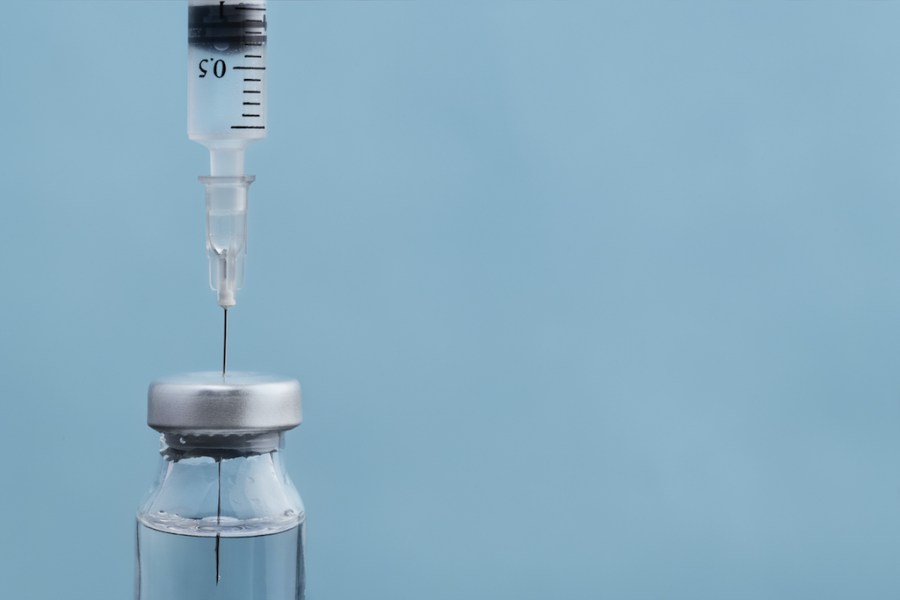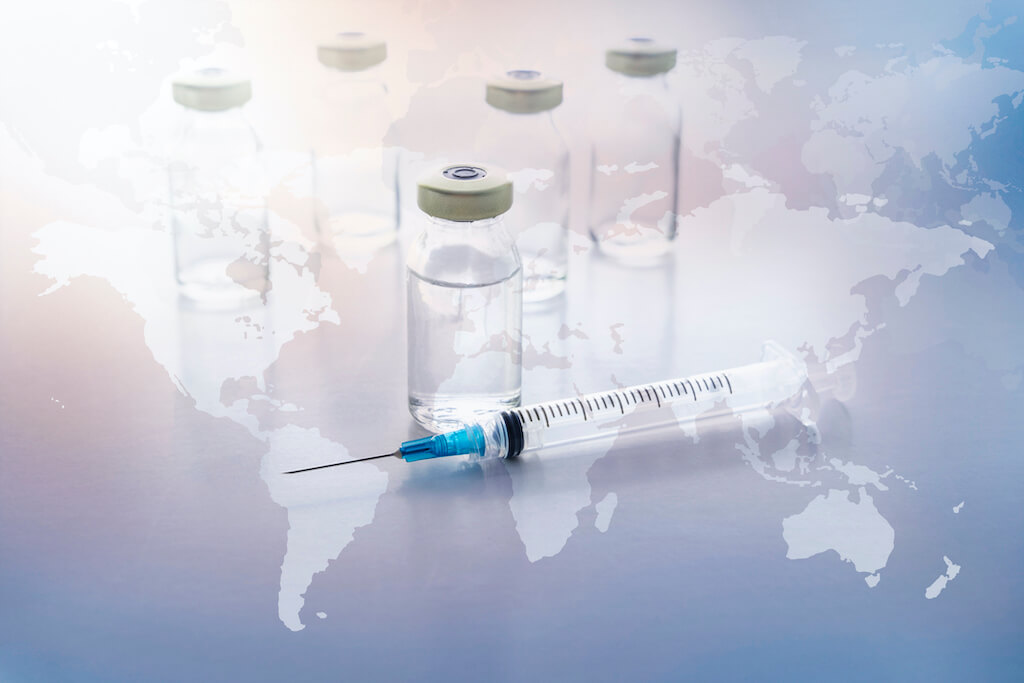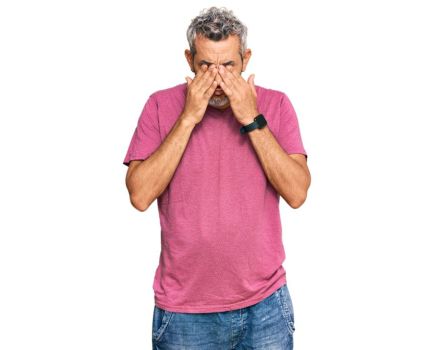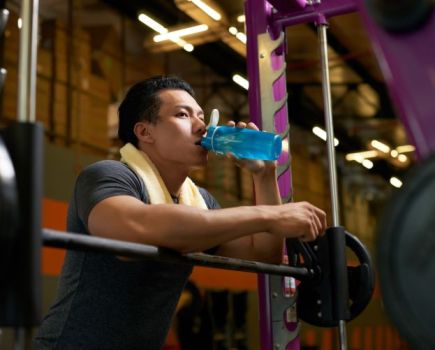Healthy volunteers are to be deliberately infected in challenge trials aimed at developing more coronavirus vaccines.
Alastair Fraser-Urquhart should be in his first year at university, but instead the 18-year-old is leading the UK’s charge on deliberately being exposed to Covid-19.
He is prepared to be jabbed with an experimental vaccine, then intentionally infected with Covid-19; all the while spending two weeks – possibly more – in complete isolation in hospital.
Why? Because he believes these controversial ‘challenge trials’, as they are called, will help the world back to its feet.
“This pandemic is an awful thing,” he says. “You get caught up in the figures and forget the human story. That’s kind of why I’m advocating for these challenge trails. This wasn’t on my bucket list, but this is one thing I can do to help.”
And Fraser-Urquhart isn’t alone. More than 38,000 volunteers from 166 countries have signed up with the challenge trial advocacy organisation 1Day Sooner, which was only founded in April.
Fraser-Urquhart, who deferred his acceptance to university, now works full-time as the UK chapter manager. “You know, it’s really bad out there,” he says, pointing to the more than 55 million global cases and more than 1.3 million deaths. “Until we get a vaccine this isn’t going away.”
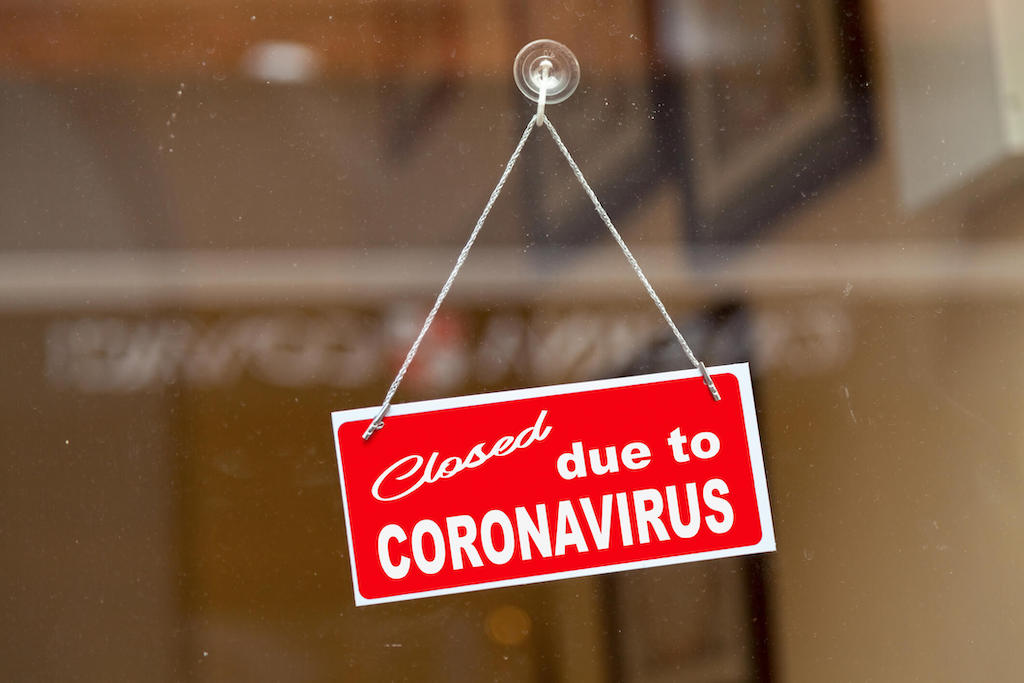
Despite recent breakthroughs made my Pfizer and Moderna, it’s likely more than once vaccine will be needed to bring the world back to normal | Photography: Getty Images
Accelerator programme
This is where challenge trials come in. These types of studies have been used in the past to test vaccines against flu, typhoid, cholera and malaria. They have the potential to accelerate vaccine development, compare the effectiveness of different vaccines, learn more about this coronavirus and understand immunity to it.
“Challenge trials can give us more data on more vaccines more quickly,” adds Fraser-Urquhart.
While a traditional clinical trial requires tens of thousands of volunteers, a challenge trial needs just several hundred. And instead of waiting years for vaccinated and placebo trial volunteers to possibly catch the virus, as traditional phase III trials do, challenge studies remove the waiting game of chance and instead deliberately infect the individuals with the virus to get results faster.
Even though the pharma giants Pfizer and Moderna recently announced their vaccine candidates were 90 per cent and 95 per cent effective, respectively, and could be rolled out as early as December, the general feeling is that more than one vaccine will be needed to tackle this scourge.
Currently, there are more than 200 vaccines in development, 47 of which are in traditional clinical trials. But in October, the UK Government announced it was investing more than £33 million to be the first country in the world to conduct challenge trials against the coronavirus.
The first stage – finding the right virus dose to be used in the second stage that tests the vaccine – is hoped to begin in January, pending ethical and regulatory approval. The second stage is yet to be planned.
To keep the risk of harm down, only healthy people aged between 18 and 30 – who have about a one in 10,000 chance of dying from Covid-19 – who haven’t previously had the virus, are eligible to take part.
Risk and reward
But these trials are still risky, there is no sufficient rescue treatment if participants get sick, and there is uncertainty whether results in 18-30-year-olds would even be applicable to older people or those with underlying conditions.
But when society can’t wait for people to present with the disease, challenge trials are justified, says Dr Peter Openshaw, professor of experimental medicine at Imperial College London, director of the Human Challenge Consortium (HIC-Vac) and co-investigator for the January study: “No one wants to do these trials if we can find other ways to find the answers, but it is important to find rapid progress in tackling this pandemic, so it is valid to do these trials in the near future.”
So, these trials might be justified right now, but would you take part? Sean McPartlin thinks it’s a no-brainer. The 22-year-old Oxford graduate, originally from Dublin, says the risk for someone his age is worth it.
If he’s going to get Covid, he says, it should be for the greater good. “Am I more worried about getting the virus in a controlled challenge trial setting or in my day-to-day life? No. Am I worried about getting the virus at all? Yes.”
He says the risk of getting sick is there as soon as we walk out the front door. “We all might get this virus just from queuing for the bank or at the supermarket. But if I get exposed in a challenge trial then that can help people and gather information that can be helpful to prevent others from getting sick. If I get sick now before these studies go ahead, it will be for nothing.”
Another volunteer, 25-year-old PhD student Chris Holdsworth, says the second wave hitting Europe shows how important these trials are now. “Even if you haven’t got sick from Covid, everyone’s lives have been battered by this virus. We can’t live with Covid without a vaccine. The idea that we can is rubbish – the second wave shows that. This is why I want to take part in a challenge trial. If I’m low risk and the payoff is massive, it makes sense to put myself forward.”
But the risks are very real, and it’s not just the slim chance of contracting severe Covid or even death. ‘Long Covid’, a relatively new condition with debilitating effects that last months, is random and not properly understood.
Meanwhile, experts don’t yet know if there could be an increased risk of other diseases or complications from the virus years down the line. On top of that, the experimental vaccines, despite being tested as safe, could still produce rare and unknown side effects.
Careful consideration
Dr Openshaw says the biggest priority is the safety of volunteers. “There is a risk, and volunteers are appraised of the risks, but we are taking a cautious approach by only accepting 18-30-year-olds with no accompanying risk factors.”
The first stage to find the appropriate lowest virus dose is perhaps the riskiest part of these studies, but Openshaw says participants will be treated with an antiviral drug so the disease does not develop: “The risk of harm is very small indeed and, in a way, under this very controlled trial, there is a reduced risk of complications from the disease.
“If I was of the age and eligible, I would take part. My children are over the age of 30, but I wouldn’t hesitate that they put themselves forward.”
But he adds a warning to anyone considering signing up: read the small print and don’t do it for the money. The men that Men’s Fitness spoke to all agree, saying they aren’t taking part because of the £4,000 or so they might get as compensation for their time and inconvenience.
“I don’t think there should be any compensation at all,” says McPartlin, who believes being incentivised by the benefits to society should be sufficient.
WHAT IS A CHALLENGE TRIAL?
- Volunteers are deliberately exposed to the coronavirus that causes Covid-19.
- Only healthy people aged between 18 and 30 who haven’t previously been infected with Covid are eligible.
- There are two stages: 1) dosing study in volunteers to find the lowest appropriate dose of the virus; 2) volunteers are vaccinated with an experimental vaccine and infected with the appropriate virus dose.
- Challenge trials accelerate vaccine development by getting efficacy data without waiting for volunteers to get naturally infected.
Words: Katrina Megget

